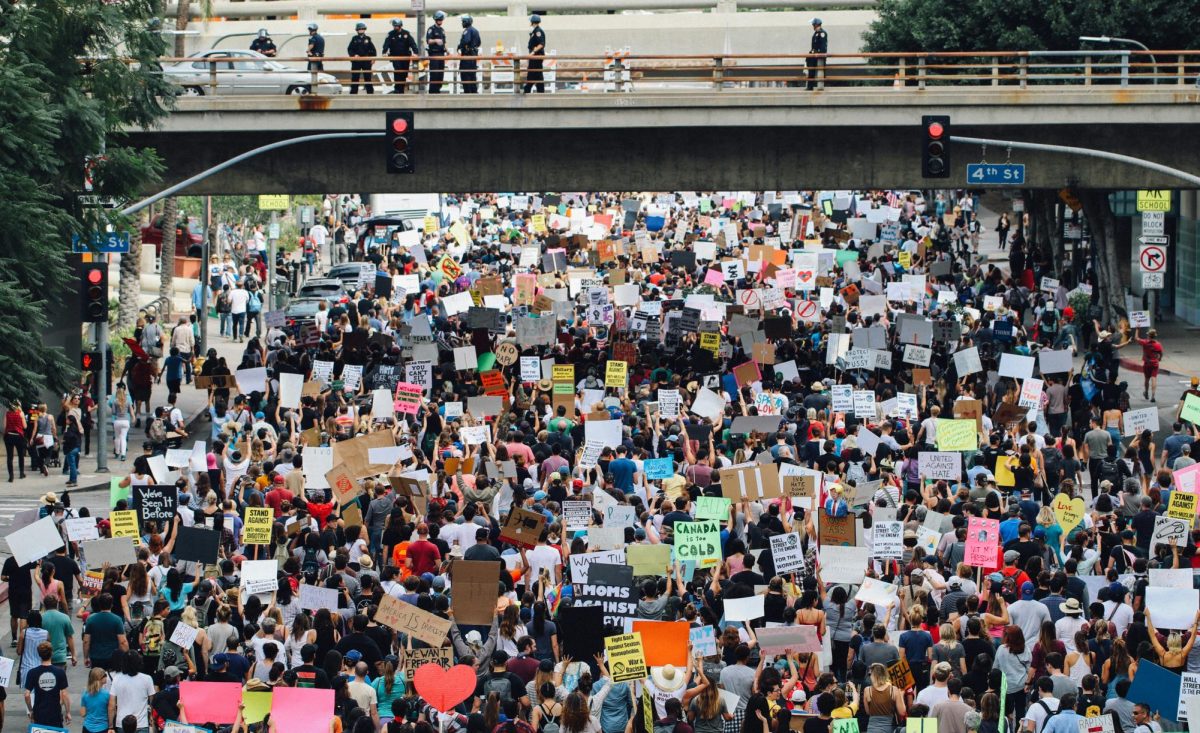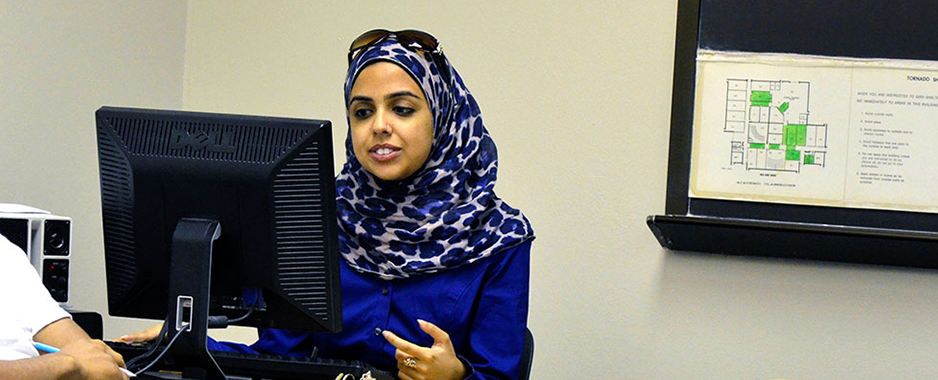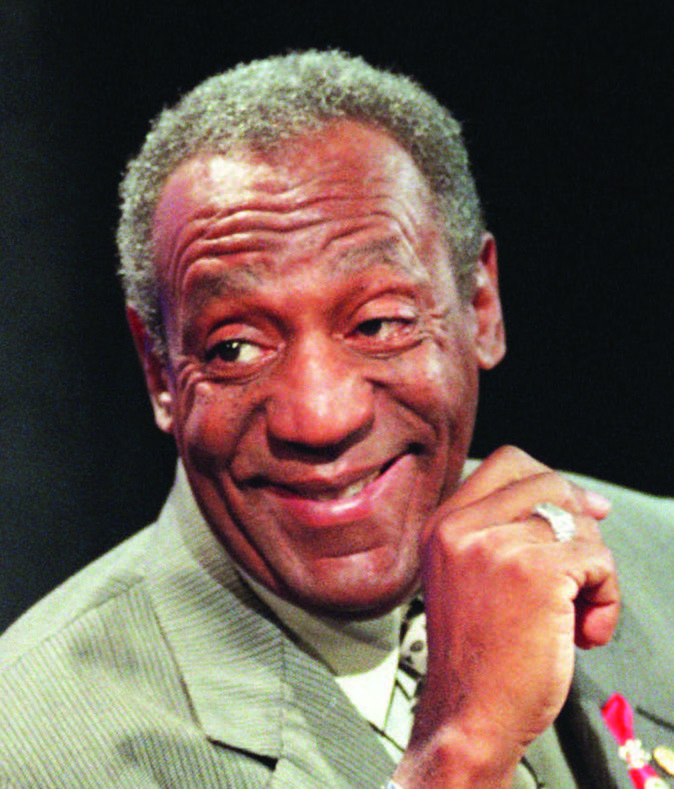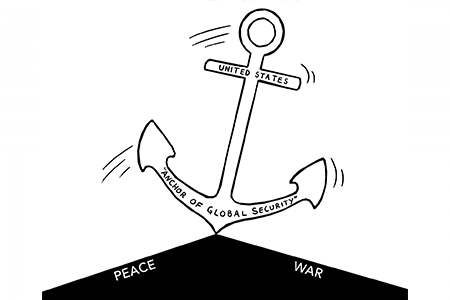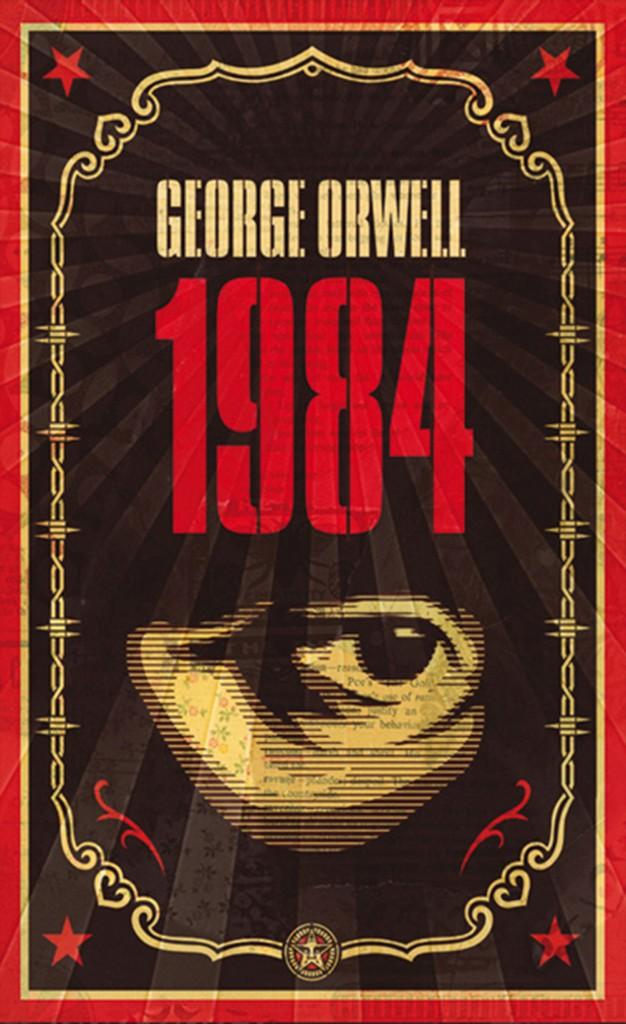By Kenney Kost/editor-in-chief
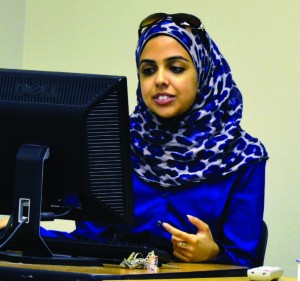
Amid growing tensions in Syria, students, faculty and staff are speaking out against a possible attack, citing lack of both public information and a solid overall plan.
“I’m kind of split on the issue,” NE student Aaron Fanning said. “I would like to see more information as opposed to accusations before we go and attack. We have been fighting for so long in Iraq and Afghanistan that it’s got to be hard on the U.S. to break up every party that is going on.”
Currently, President Barack Obama has decided to withhold the threat of attack after he approved a deal with Russia and Syria to place Syria’s chemical weapons stockpile under international supervision and on to their eventual destruction.
Despite the agreement, the threat of U.S. intervention still looms if Syria does not dismantle its weapons.
NW student Reed Gray thinks the U.S. needs a better idea of what it will do before going in and getting caught up in another drawn-out engagement in the Middle East.
“I don’t believe we should attack without a good, firm plan already set,” Gray said. “I don’t mean just a plan of attack. We need to be talking to the rebel groups, and they need to have a plan set up for what to do after we leave before we can help them out.”
Gray also said he thinks the agreement is a political move by Putin to boost his popularity. He said the move says to the world that Russia backed down the U.S. military giant.
“He [Putin] is making it appear like we [U.S.] need his blessing to strike,” he said. “He is using this whole conflict to gain another political foothold in Russia because he is starting to slip from approval in his country.”
NE English instructor Zainah Usman said she used to be politically involved and tried to keep up with current events until she visited Pakistan and realized that the Western public is misinformed.
“I used to really pay attention to what was going on, but when I went over and started talking to people, you realize most of them don’t want what the media says and what we think they want,” Usman said.
Afghanistan veteran and TR student Ryan Lanham said while some people are happy to see troops and receive aid, many do not want our involvement.
“It varies from place to place. Some people are truly happy you are there,” he said. “But there are a lot of people from both sides of the conflict that don’t want us there and don’t want our way of life.”
Usman said that while it sounds good to the public and can be justified through the media with pictures of the tragedy, these types of conflicts are much more complicated.
“I believe the intentions here are good,” she said. “We probably really believe they want to be helped. So it sounds good until you attempt to enforce the change or enforce democracy in some cases. When you get over there and go into these places and you’re dealing with someone who simply wants to be a great sheep farmer or something like that, then you start to see the true conflict.”
The use of chemical weapons should not be tolerated, Lanham said, but invasion may not be the solution this time. Even amid all the talk of the U.S. appearing weak or Putin using this conflict and its resolution as a power play, the U.S. should let the U.N. agreement play out, he said.
“I think something should be done, I just don’t know if we should be the ones invading,” he said. “The chemical weapons are against international wartime law and should be. So there should be consequences but I think the diplomatic solution is the better way to go.”















